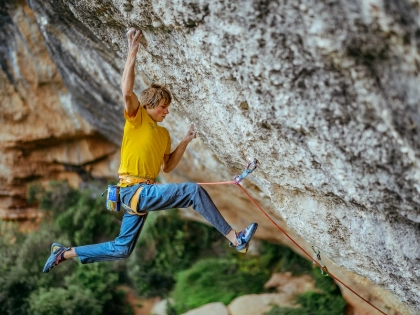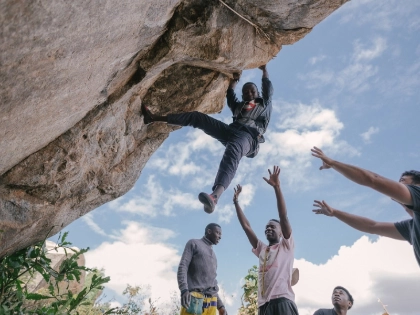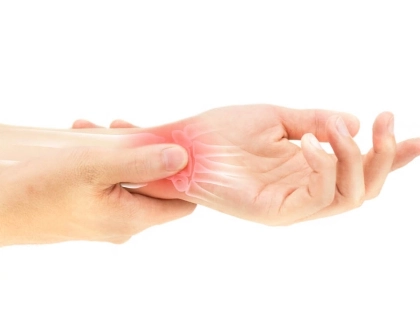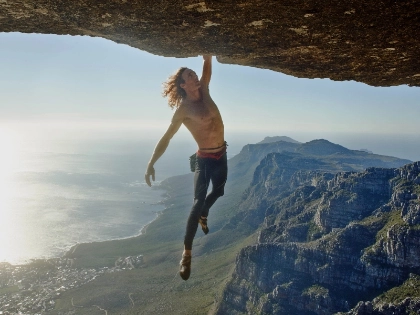Is Climbing Easier If You Weigh Less?
Although it works the entire body, climbing seems to target the arms and shoulders more than the other parts. For this reason, it's critical to incorporate workouts like grip squeezes and dead hangs into your training. Your ability to climb might be impacted by a myriad of factors. However, weight is one item that is frequently disregarded.
1. It's an excellent method of weight loss
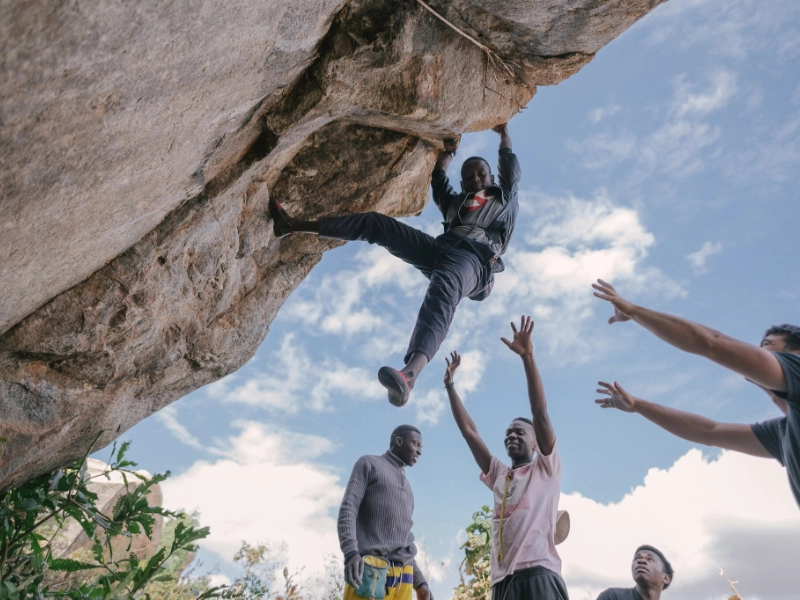
2. It's a fantastic method to keep moving.
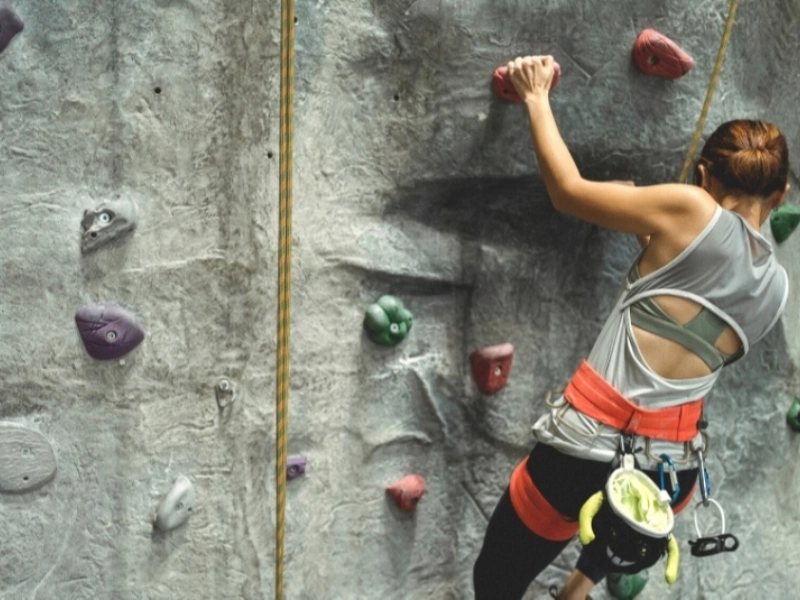 In addition to being a lot of fun, climbing is a fantastic way to stay active. It's a beneficial full-body exercise that enhances flexibility, balance, and body awareness. It's an excellent method to push yourself outside of your comfort zone and challenge yourself. It's a fantastic way to decompress as well. It can assist you in putting all of your troubles behind you and concentrating only on the here and now.
It can also be a really enjoyable social activity. In the climbing community, you can make a lot of friends who will encourage and support you as you advance your skills. They may also advise you on where to discover the best climbing areas in your area and what kind of shoes to buy.
Anthropometrics, or height, weight, and body composition, have been found to have a significant influence on climbing performance in numerous studies. But just because top climbers are thin does not indicate that you have to be skinny to climb more effectively. Correlation does not imply causation.
In addition to being a lot of fun, climbing is a fantastic way to stay active. It's a beneficial full-body exercise that enhances flexibility, balance, and body awareness. It's an excellent method to push yourself outside of your comfort zone and challenge yourself. It's a fantastic way to decompress as well. It can assist you in putting all of your troubles behind you and concentrating only on the here and now.
It can also be a really enjoyable social activity. In the climbing community, you can make a lot of friends who will encourage and support you as you advance your skills. They may also advise you on where to discover the best climbing areas in your area and what kind of shoes to buy.
Anthropometrics, or height, weight, and body composition, have been found to have a significant influence on climbing performance in numerous studies. But just because top climbers are thin does not indicate that you have to be skinny to climb more effectively. Correlation does not imply causation.
3. It's an excellent method of staying well.
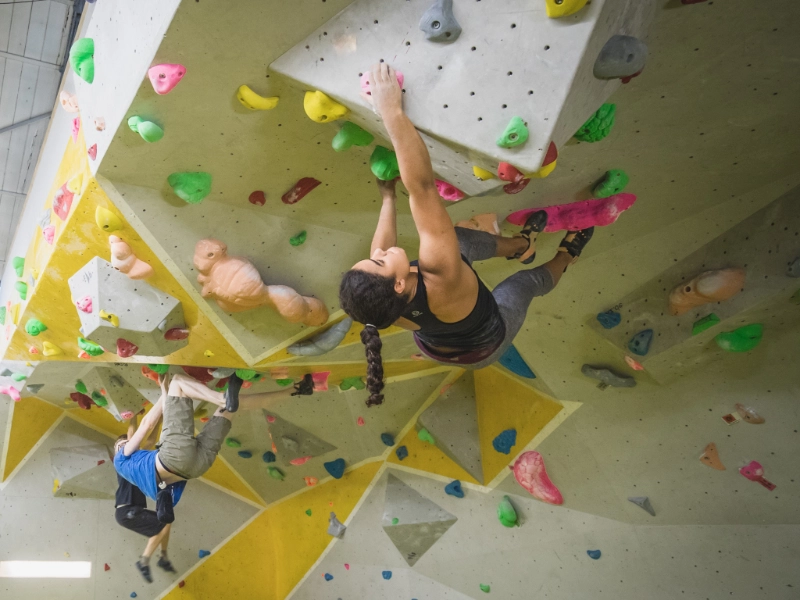 Climbing engages a lot of muscles by requiring you to pull with your arms and push with your legs. Climbing is an excellent kind of exercise, whether you're on the ground, the walls, or the monkey bars. Additionally, to evaluate your strength from various angles, you will be using isometric muscular contractions, which occur when a muscle contracts without changing length, such as when you hold a plank.
The mental toughness required to find a way around a route contributes to the enjoyment of climbing. You'll never stop pushing yourself to reach new heights, be it ascending that legendary peak you've always wanted to reach or taking a more difficult route.
Eating a well-balanced diet that meets the needs of climbing is essential to maintaining optimal physical performance. Instead than consuming an excessive amount of processed foods, try to consume more lean proteins, fruits, and vegetables. Nutrient-dense foods can facilitate the energy required for climbing and make it simpler to keep a healthy weight.
Climbing engages a lot of muscles by requiring you to pull with your arms and push with your legs. Climbing is an excellent kind of exercise, whether you're on the ground, the walls, or the monkey bars. Additionally, to evaluate your strength from various angles, you will be using isometric muscular contractions, which occur when a muscle contracts without changing length, such as when you hold a plank.
The mental toughness required to find a way around a route contributes to the enjoyment of climbing. You'll never stop pushing yourself to reach new heights, be it ascending that legendary peak you've always wanted to reach or taking a more difficult route.
Eating a well-balanced diet that meets the needs of climbing is essential to maintaining optimal physical performance. Instead than consuming an excessive amount of processed foods, try to consume more lean proteins, fruits, and vegetables. Nutrient-dense foods can facilitate the energy required for climbing and make it simpler to keep a healthy weight.
4. It helps you stay inspired.
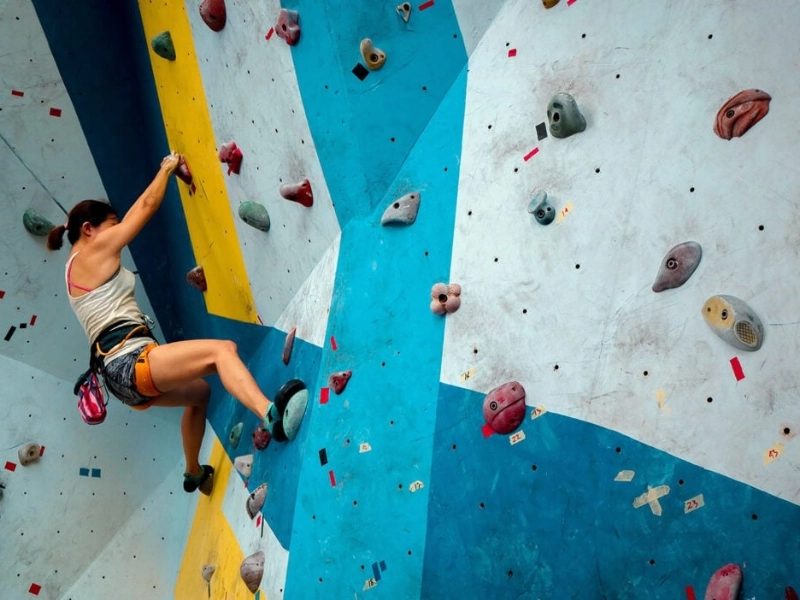 Since climbing is always a gratifying and demanding exercise, it's a terrific way to stay motivated. Seek out some folks you enjoy hanging out with because climbing is much more enjoyable when done in a group. You'll be far more likely to persevere and have more fun!
Concentrating on what excites you about climbing is the greatest method to maintain your motivation. It could be a strenuous physical task, an attractive path, or a competitive performance objective. Regardless of the cause, maintaining a strong sense of motivation is critical for weight loss and growth.
Being a sport that calls for so many diverse skills, climbing is special. One element, like your bodyweight, can hardly ever have a major influence on your climbing abilities. Instead, a person's strength, degree of fitness, and capacity to face fear are frequently the mix of things holding them back.
Since climbing is always a gratifying and demanding exercise, it's a terrific way to stay motivated. Seek out some folks you enjoy hanging out with because climbing is much more enjoyable when done in a group. You'll be far more likely to persevere and have more fun!
Concentrating on what excites you about climbing is the greatest method to maintain your motivation. It could be a strenuous physical task, an attractive path, or a competitive performance objective. Regardless of the cause, maintaining a strong sense of motivation is critical for weight loss and growth.
Being a sport that calls for so many diverse skills, climbing is special. One element, like your bodyweight, can hardly ever have a major influence on your climbing abilities. Instead, a person's strength, degree of fitness, and capacity to face fear are frequently the mix of things holding them back.

